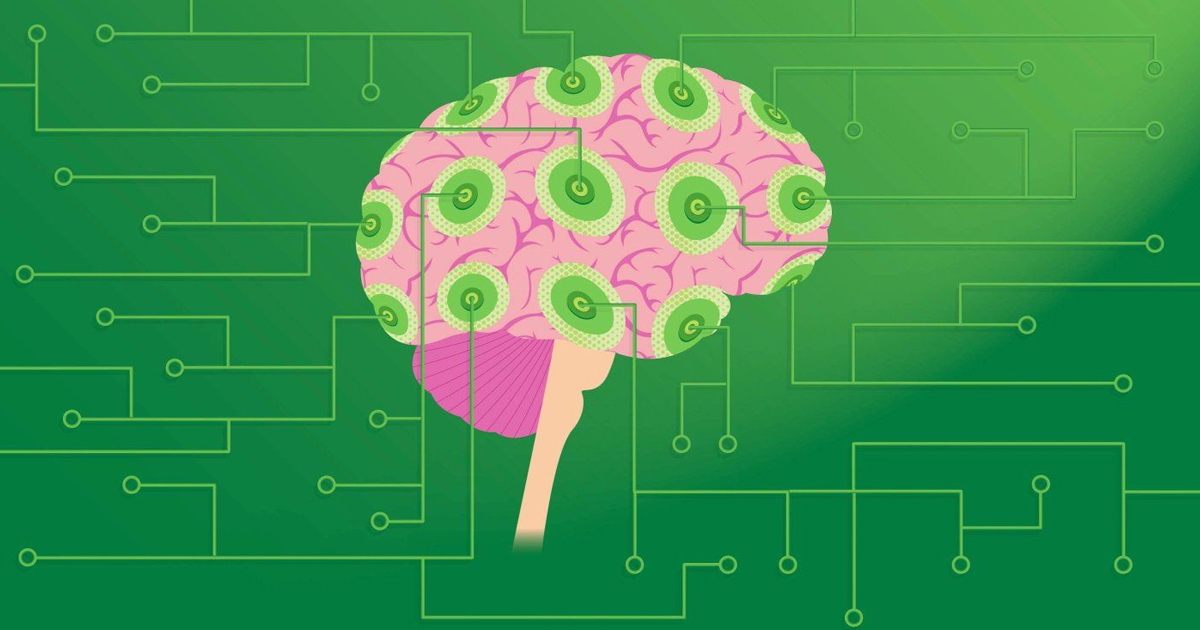El desarrollo de la medicina se ha emparejado con el avance de la tecnología, lo que permite ofrecer mejores servicios gracias a políticas públicas que impulsan a las instituciones a seguir su camino hacia intervenciones integrales en favor de la salud.
The Digital Health es el concepto que incorpora las tecnologías de información y la comunicación (TIC) a productos, servicios y procesos de atención médica, así como a las organizaciones o instituciones que pueden mejorar la salud y el bienestar de los ciudadanos. Puede abarcar distintos dispositivos portátiles, sensores, aplicaciones móviles de salud, inteligencia artificial, cuidadores robóticos y hasta registros electrónicos.
Los sistemas de salud han experimentado distintas transformaciones y reformas, entre ellas, legales, administrativas y financieras. Estas modificaciones, si bien relevantes y necesarias, han tenido un efecto positivo en garantizar que el ciudadano cuente con un acceso efectivo a un paquete mínimo de intervenciones en salud y permitir reducir la desigualdad existente. (1)
Therefore, in a health reform focused on the people, is indispensable that it prioritizes the following points:
- Prevención proactiva con detección de riesgos.
- Atención efectiva y con calidad.
- Custom tracking.

Así también, la cuarta revolución industrial tiene efectos en la modernización de los sistemas de salud, abriendo espacio para la Digital Health, tomando en cuenta las siguientes categorías:
- Science Advancements: apoyada con el conjunto de conocimientos teóricos y prácticos que permitan la migración de lo físico a lo digital.
- Use of Digital Platforms: para argumentar una red que resguarde la información almacenada y seguir monitoreando, vigilando y proponiendo avances.
- Internet of Things: donde los paradigmas de intercambio de datos darán pie a una conexión de alta velocidad entre sistemas y personas.
- Connected Communities: que disminuyen la brecha digital que separa a diferentes segmentos de la población mundial y los integra en un ámbito en el que todos puedan gozar de herramientas en beneficio a su salud.
- Big Data: empleada en técnicas de Artificial Intelligence (AI) que permita advenir la autonomía de las máquinas al hacerlas capaz de resolver cualquier situación con base en algoritmos y el aprendizaje profundo (either Deep Learning).
La importancia de la Digital Health converge en la idea de prevenir enfermedades, ayudar a los pacientes a monitorear y manejar enfermedades crónicas, reducir el costo de la provisión de atención médica y hacer que los medicamentos se adapten más a las necesidades individuales.
Un ejemplo de lo anterior, es que, al recopilar más datos sobre marcadores de salud – desde el nivel de actividad hasta la presión arterial de un paciente- se espera que la Digital Health permita mejorar la calidad del estilo de vida y mantener una buena salud por más tiempo, y, por ende, generar menos visitas al doctor mediante herramientas que le permitan a los doctores intervenir, conocer más sobre una enfermedad específica y el monitoreo de ésta constantemente.
- Homedes-Beguer N, Ugalde A. 25 años de descentralización del sistema de salud mexicano: una experiencia para analizar. Gerencia y Políticas de Salud 2008 7(15): 26-43
- Klaus Schwab. La cuarta revolución industrial. México 2017: Penguin Random House Grupo Editorial
- Paul Sonner. The Fourth Wave: Digital Health.







